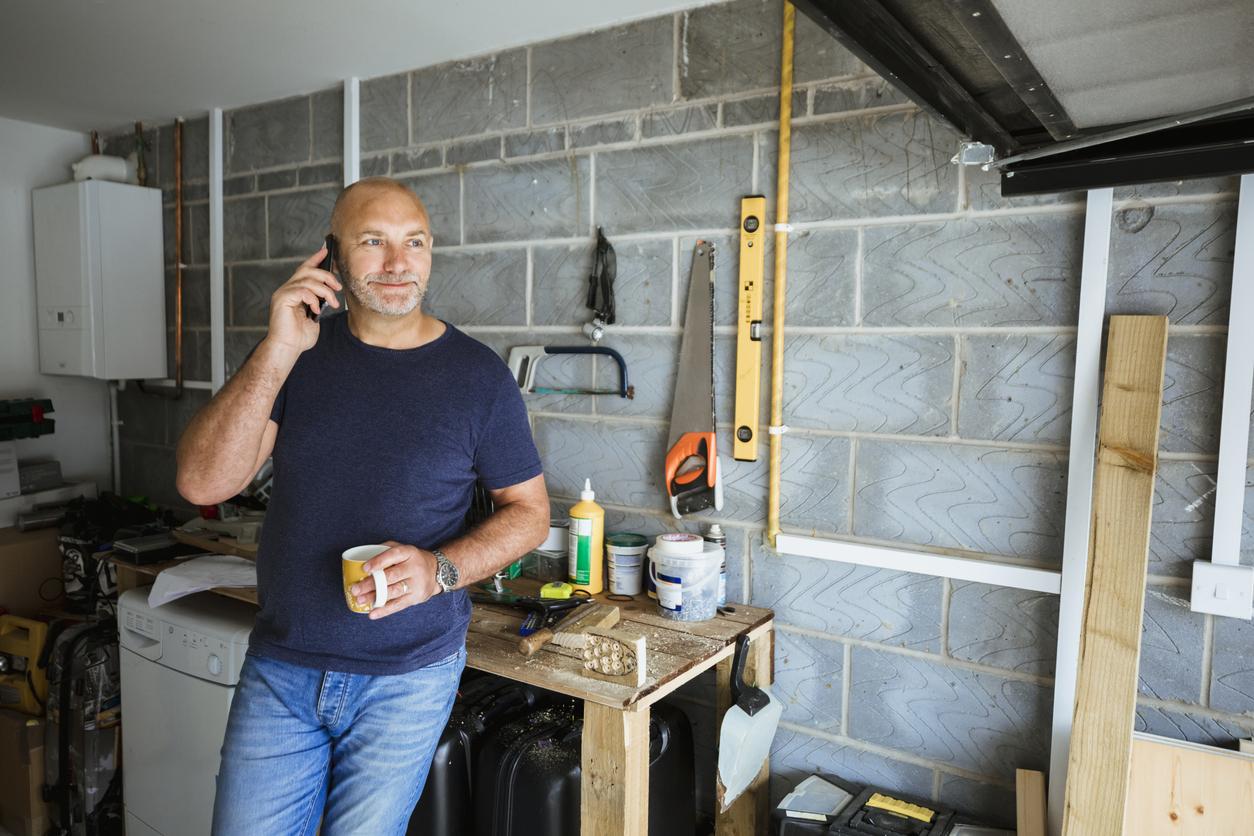
Home Business: amenity of the neighbourhood
As a general rule, a home business must not create any additional disruption for neighbouring residents other than what would ordinarily be expected from residential premises.
This can include, but is not limited to, the following considerations:
Putting up a sign
It is a good idea to have a sign for your home business so that potential customers and clients can identify it.
The sign can display the name of the person or business, the type of business, the address, the telephone number, the hours of operation, and a logo. It must not include any advertising of goods, products or services.
A home business can display only one of the following three types of business signs:
- Building identification signs
- Wall signs
- Window signs
These types of signs may not require planning permission (known as exempt development) if the proposed sign meets the relevant development standards set out in Advertising and Signage Exempt Development Code in the State Environmental Planning Policy (Exempt and Complying Development Codes) 2008. Any sign that does not meet these standards requires planning approval from Council.
Car parking and traffic impacts
Your business should not materially impact local parking or traffic, and customers, employees and/or deliveries to your business should not illegally park or obstruct traffic flow. Check with your local Council regarding any specific car parking requirements, especially if your home business gets regular ongoing client visitors, deliveries or has employees. Some Council in metropolitan areas may require you to submit a Traffic Management Plan that outlines how you are managing traffic risks in your workplace.
Energy use
When planning to set-up a home business specialised in the entertainment industry (e.g. video/music production), it is important to consider the additional cost of energy-consuming equipment as well as the limitations of power usage in residential areas.
To save on your energy bill (electricity and gas), the Energy Made Easy website lets you compare all electricity and gas retailers' offers available in your area. You can also compare your electricity usage with other households in your area, and find out ways to be more energy efficient.
Waste
If your business will produce waste or pollution of any kind you need to ensure that this waste or pollution will be disposed of legally and appropriately. This could include, but is not limited to, water, grease, chemicals, rubbish or smell. The disposal method must meet all council, legislative and environmental requirements. For more information refer to ABLIS, NSW Environment Protection Authority (EPA) and your local Council’s website.
If you require an additional waste bin, many Councils will allow you to apply for additional bins or larger bins for a fee. A commercial waste removal service may be required in some circumstances for waste produced in excess of normal residential use.
Management of animals
Home businesses involving care facility for animals, such as a breeding or boarding establishment, or a pet grooming or bathing establishment, are required to comply with the Animal Welfare Code of Practice under the Prevention of Cruelty to Animals Act 1979 NSW.
Noise management
Some Councils have specific noise limitations for home businesses operating in residential areas. Generally neighbourhood noise, including both sound and vibration, is regulated under the Protection of the Environment Operations Act 1997 (POEO Act). Council can assist in balancing the needs of a home business and controlling potential noise effects to reasonable levels. Negotiating restricted times and considering solutions to reduce noise (soundproofing, padding) are preferred options, as well as being mindful of the neighbours at all times.
Table: Time restrictions when noise from residential premises should not be heard inside a neighbour’s residence. (Source: NSW Environment Protection Authority)
| Noise source – from residential premises | Time restrictions when noise should not be heard in a habitable room* in a neighbour’s residence | Contact |
|---|---|---|
| Power tools and equipment (powered garden tools – e.g. lawn mowers and leaf blowers – electric or pneumatic tools, chainsaws, circular saws, gas or air compressors and swimming pool or spa pumps) |
Before 8 am and after 8 pm on Sundays and public holidays Before 7 am and after 8 pm on any other day |
Local council or police |
| Musical instruments and electrically amplified sound equipment (e.g. radios, TVs, tape recorders, CD and DVD players, and home theatre systems) |
Before 8 am and after midnight on any Friday, Saturday or the day immediately before a public holiday Before 8 am and after 10 pm on any other day |
Local council or police |
| Air conditioners and heat pump water heaters |
Before 8 am and after 10 pm on weekends and public holidays Before 7 am and after 10 pm on any other day |
Local council or police |
| Motor vehicles (except when entering or leaving residential premises) |
Before 8 am and after 8 pm on weekends and public holidays Before 7 am and after 8 pm on any other day |
Local council or police |
| Refrigeration units fitted to motor vehicles† |
Before 8 am and after 8 pm on weekends and public holidays Before 7 am and after 8 pm on any other day |
Local council or police |